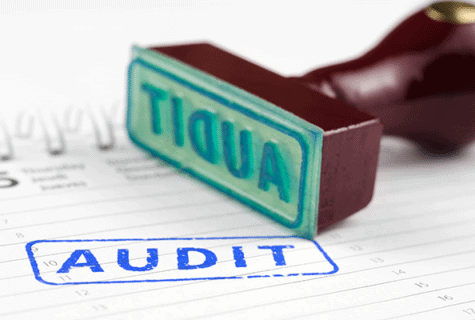
Leveraging incident to billing for your Non-Physician Practitioner (NPP) services is a great way to increase your revenue by as much as 15%.
If you do it right, your NPPs can receive payments for their services at the same rate as your physicians (vs. the normal 85%). On the flip side, one slip-up while navigating the stringent Medicare rules governing incident to can leave you paying thousands in penalties and fines.
But, with a solid plan in place, this is a reimbursement opportunity that your practice can’t afford to overlook.
Who Qualifies to Bill Incident to?
Before you even begin thinking about billing incident to services, you must have a firm handle on which NPPs Medicare deems as qualified. According to the latest guidelines, the following practitioners are eligible:

Audit Hotspot: Medicare requires that all your NPPs providing incident to services be properly licensed in the same state in which you practice medicine. If you fail to comply with this rule you can not only be guilty of filing false claims, but may also land in hot water with the Office of the Attorney General for fraud.
What you can do: Request that your NPPs provide you with a copy of their license and validate it with the appropriate licensing authority. Most licensing boards now make this verification process easy with quick access directly from their websites. You only need to enter the NPP’s license number and first and last name to verify the licensing status.
What Services are Eligible for Incident to Billing?
Medicare ONLY allows NPPs to bill incident to if they are treating a patient based on a plan of care that a physician within your practice has initiated. For example, if a patient is seen by your physician for treatment of seasonal allergies, and your physician documents a plan of care, your NPP may see the patient for subsequent visits for their allergies and bill the visit incident to the physician plan at 100% of the Physician Fee Schedule rate.
Audit Hotspot: If a patient sees an NPP for a new problem, even if they are an existing patient, the service CANNOT be billed as incident to. Instead the service would have to be billed under the NPP’s own NPI number. This is a massive focus area for many auditors and will lead to repayments.
What you can do: Document each patient visit thoroughly and have it reviewed by the patient’s physician before billing to ensure that treatments for new complaints are not billed as incident to. Also, try getting the reason for the patient’s visit during scheduling. If the primary reason for the visit is not follow-up care to prior treatment, consider making the appointment with the patient’s primary physician.
What are the Supervision Requirements?
Medicare specifies that your NPP must be under the direct supervision of an on-premise physician at the time of care to qualify for incident to billing. The supervising physician does not have to be the patient’s primary physician, but it should be a physician who is familiar with the patient’s medical history and is capable of offering any necessary assistance.
Audit Hotspot: While some states allow NPPs to practice medicine under general supervision (meaning the physician does not have to be on premise at the time of care), Medicare requires direct supervision for incident to billing. If you get these two requirements confused and bill under incident to without meeting the direct supervision requirement you’ll quickly find yourself under audit scrutiny.
What you can do: Coach NPPs to verify and document the physician’s physical location at the time of service. And, if documentation does not exist, you should not bill the service under incident to.
Take Aways
- Check Licenses: Make sure your NPPs have valid licenses in your state so that you don’t end up facing fraud charges.
- Validate Patient’s Chief Complaint: Double-check the patient’s chief complaint during the visit and whether it was related to a previous service to be sure that your NPP’s time qualifies for incident to billing.
- Document Physician Location: Train NPPs to verify and document the physician’s location at the time of service to ensure that you don’t violate Medicare’s direct supervision requirement.
Many providers swear off incident to billing altogether, claiming that it’s too much administrative hassle. But, with just a little training and some solid policies, incident to billing is a great way to boost your reimbursement.
Kim Huey, MJ, CHC, CPC, CCS-P, PCS, CPCO, COC, presented a 60-minute training session, Use Supervision to Improve Your Payup for NPPs, that will provide you with proven tactics so that you can improve the accuracy of these claims, and help you receive the highest appropriate reimbursement ethically possible for all of your NPP provider medically necessary services. Learn More
